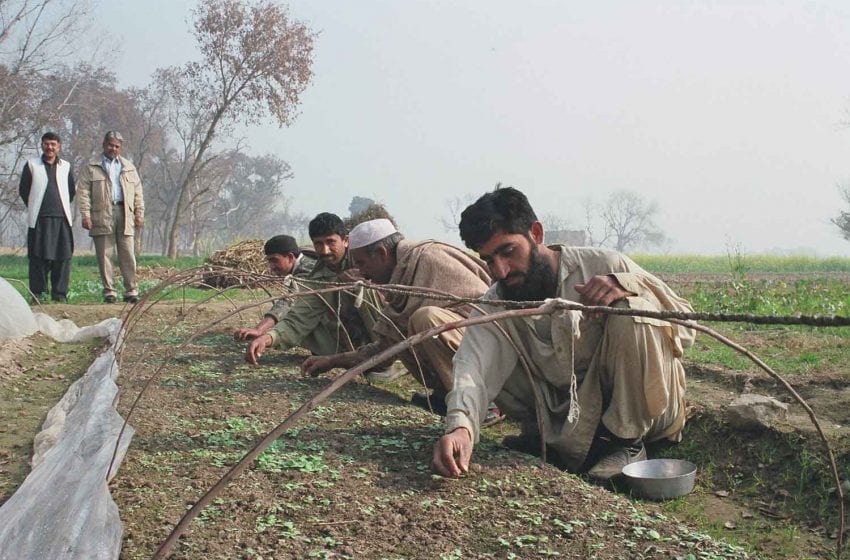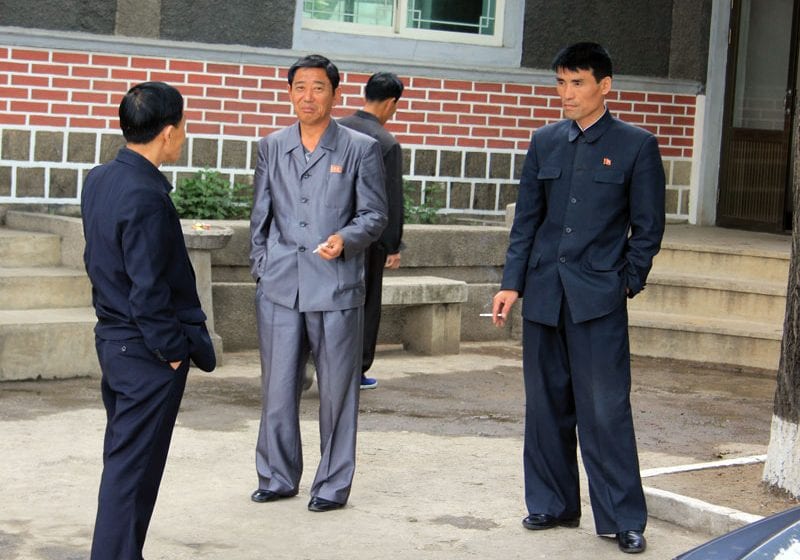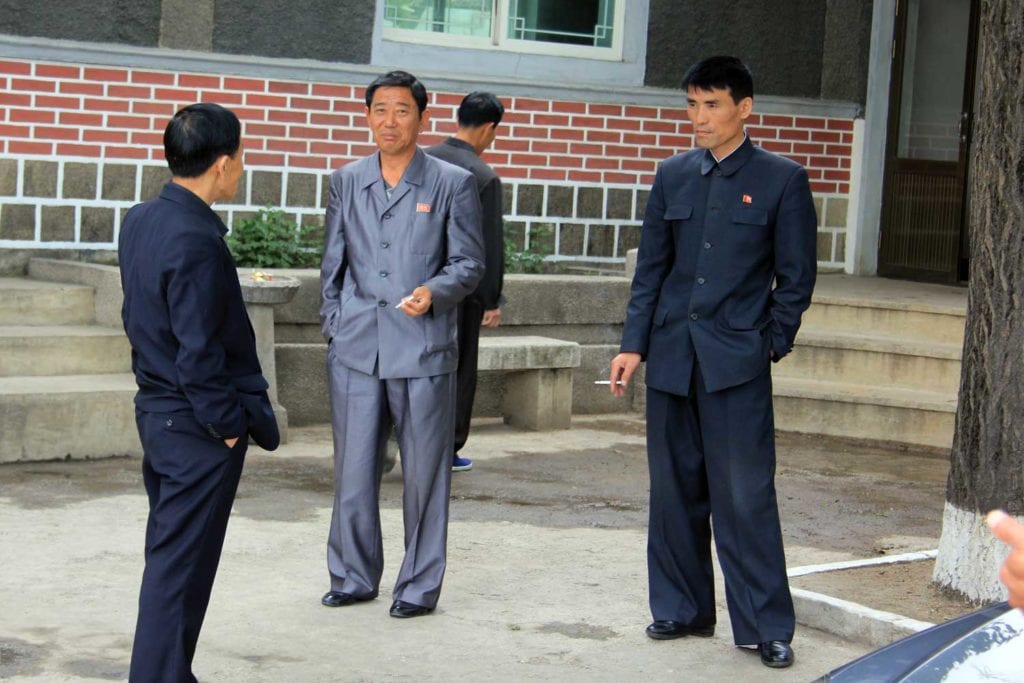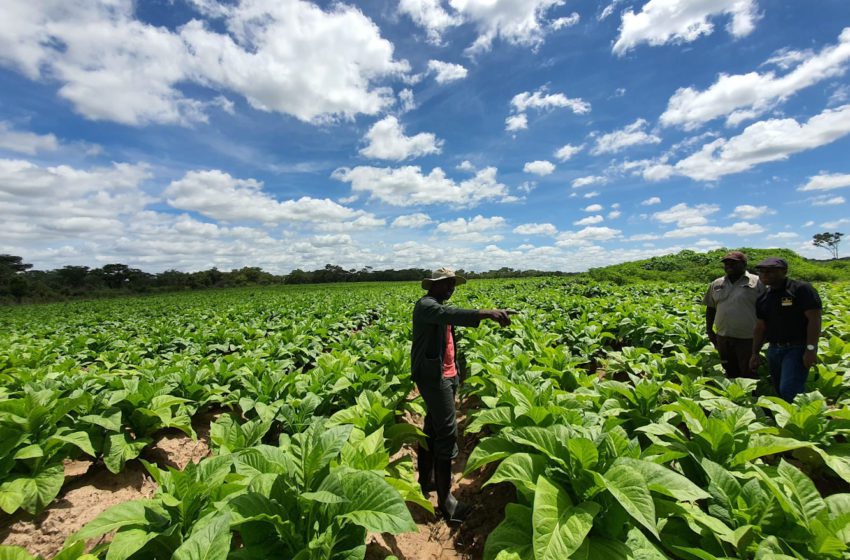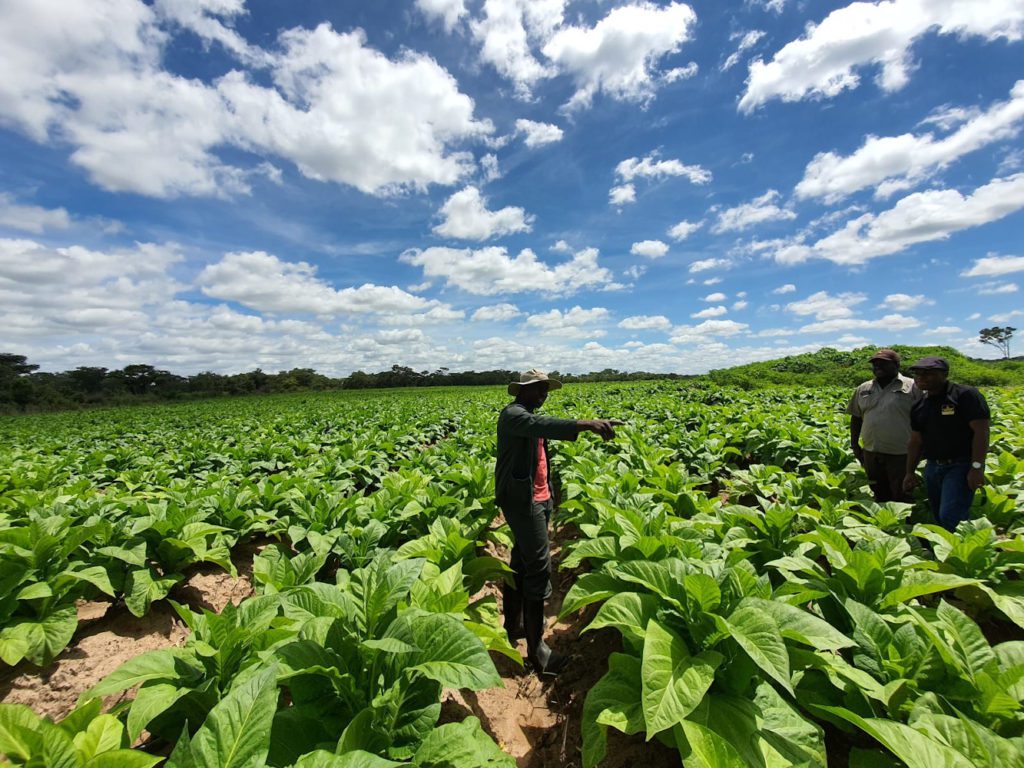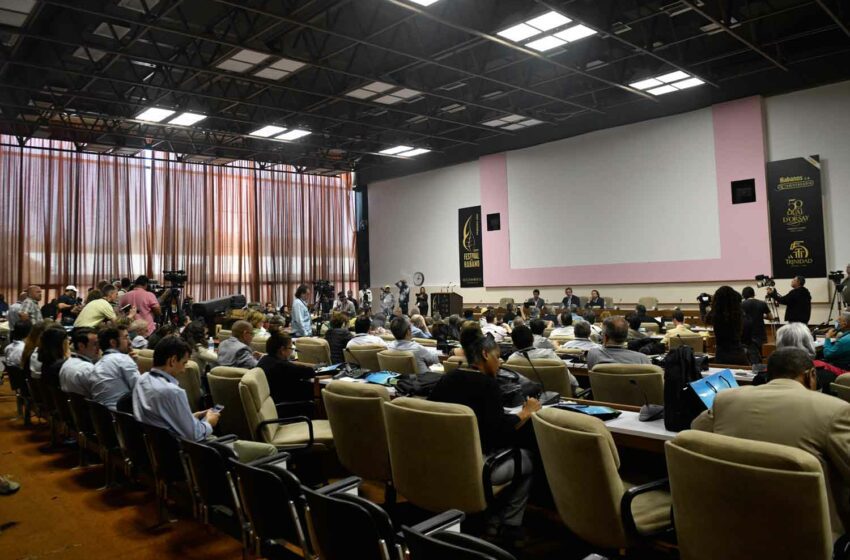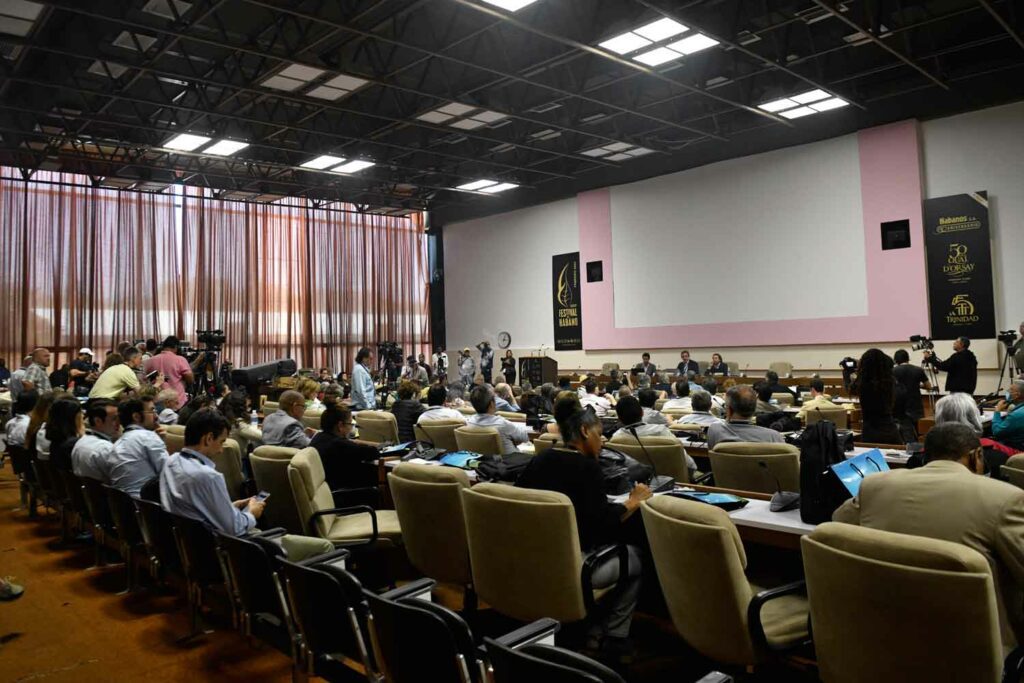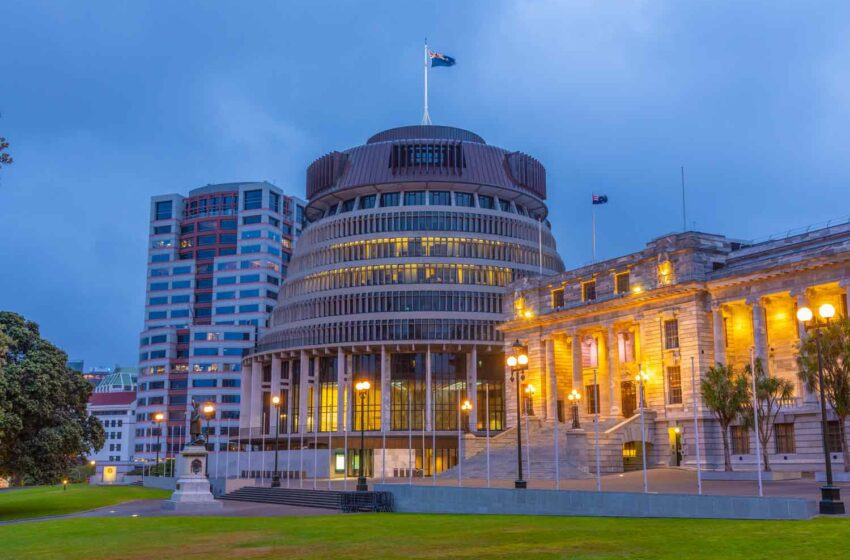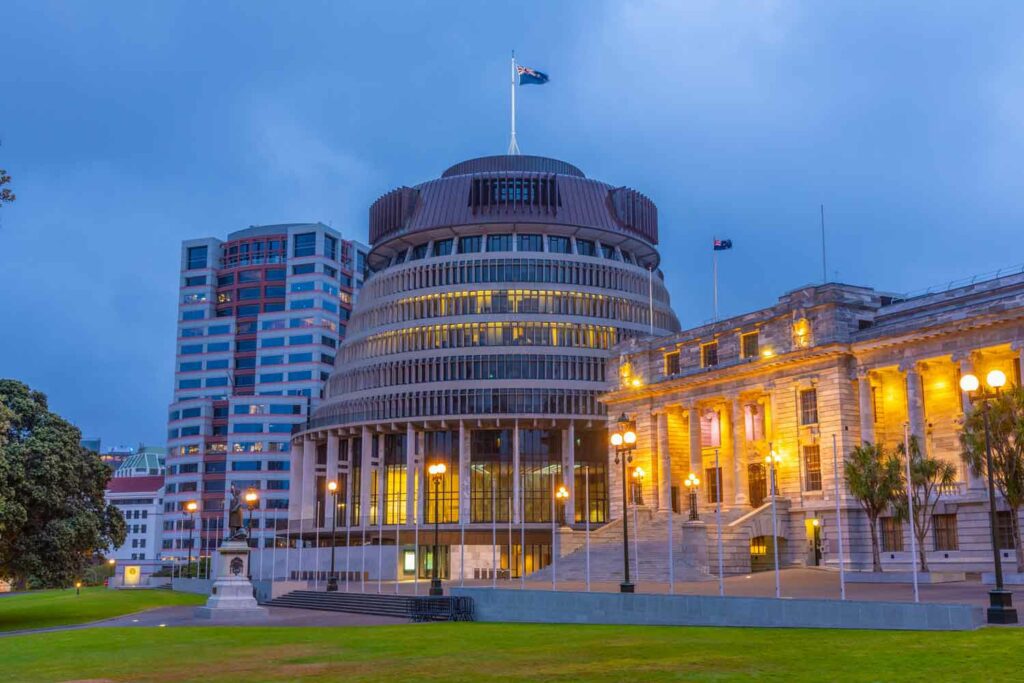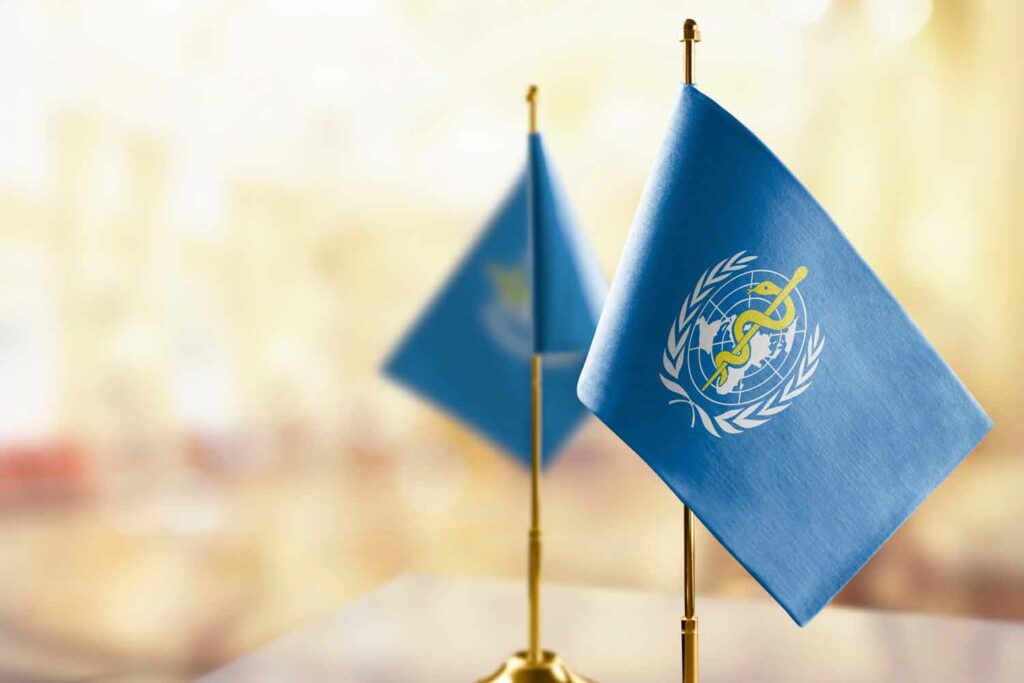
KT&G’s board of directors has tabled several items to be discussed at the company’s annual general meeting of shareholders on March 28. These items include the appointment of Kyung-man Bang as president and Min-kyu Lim as outside director as well as the Industrial Bank of Korea’s shareholder proposal of appointing Dong-hwan Shon as outside director and Agnes’ shareholder proposal of appointing Sang-hyun Lee as outside director.
The board has selected Kyung-man Bang, the current chief operating officer of KT&G, as the final CEO candidate, citing his extensive knowledge of the company’s overall business operations and his capability to steer the company through market challenges and toward the aspiration of becoming a “global top-tier” company.
Min-kyu Lim, nominated for the role of outside director, is renowned for his leadership at major listed companies in Korea, including as CEO of OCI Materials and SK Materials. His extensive expertise in organizational and risk management and sustainable business practices is also well regarded.
Sang-wook Kwak, an outside director candidate who will also serve as an audit committee member upon appointment, is counselor at Hwa Hyun, a Korean law firm. He previously served as chief of the Criminal Department at the Supreme Prosecutors’ Office of the Republic of Korea before assuming the role of inspection commissioner at the Board of Audit and Inspection.
“We have always valued the legitimate exercise of shareholder rights and have decided to table all shareholder proposals for the upcoming AGM without any objection, reflecting our respect for the integrity and purpose of shareholder proposals,” KT&G wrote in a statement. “We maintain close communication with all of our stakeholders, including shareholders, about KT&G Group’s future vision and growth strategies. Our commitment to maximizing the interests of all shareholders and enhancing the future value of the company remains steadfast.”


